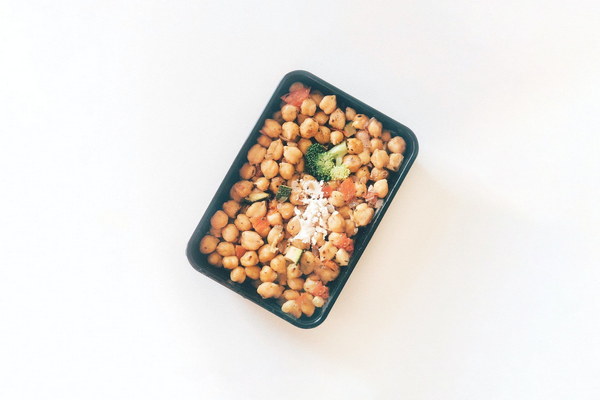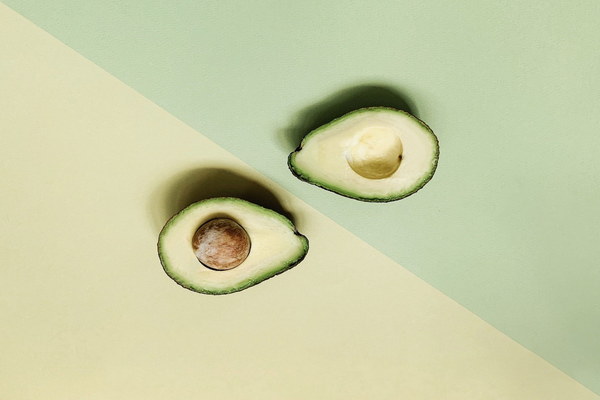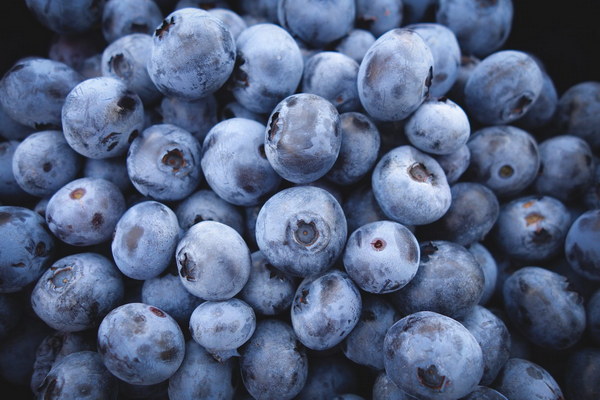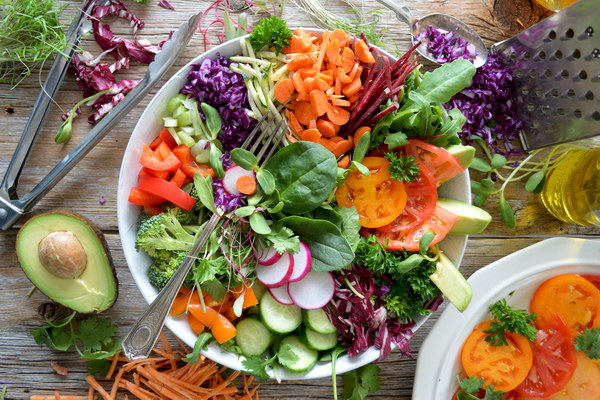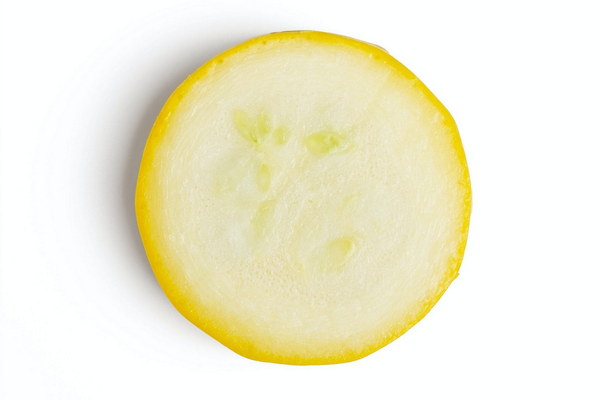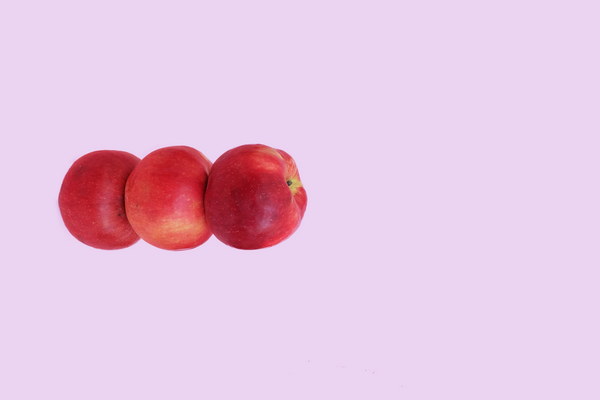The Renowned Health Benefits of Sea Cabbage Does It Really Boost Weakness and Kidney Health
The Renowned Health Benefits of Sea Cabbage: Does It Really Boost Weakness and Kidney Health?

In the realm of traditional Chinese medicine, sea cabbage, also known as Hai Zao, has long been revered for its myriad of health benefits. One of its most celebrated attributes is its ability to tonify the body and nourish the kidneys. But does this ancient wisdom hold true in the context of modern scientific understanding? Let's delve into the world of sea cabbage and uncover whether it truly lives up to its reputation as a potent supplement for weakness and kidney health.
Understanding Sea Cabbage
Sea cabbage, a type of seaweed, is rich in a variety of nutrients and bioactive compounds that contribute to its health-promoting effects. It is particularly abundant in minerals like calcium, iron, and iodine, as well as in vitamins such as A, C, and E. These nutrients play a crucial role in maintaining overall health and well-being.
The Theory Behind Tonifying Weakness and Nourishing Kidneys
In traditional Chinese medicine, weakness and kidney deficiencies are believed to be the root causes of a wide range of health issues, from fatigue and poor memory to infertility and urinary problems. Sea cabbage is thought to tonify the body's Qi (vital energy) and strengthen the kidneys, thereby addressing these root causes.
Scientific Evidence
Modern scientific research has begun to support some of the claims made by traditional medicine. For instance, studies have shown that sea cabbage contains compounds that can help improve kidney function and reduce oxidative stress. Here are some of the key findings:
1. Kidney Function: Sea cabbage has been found to have diuretic properties, which can help in the management of kidney disorders. It also contains compounds that may aid in the reduction of blood pressure, which is beneficial for individuals with kidney disease.
2. Oxidative Stress: The high levels of antioxidants in sea cabbage can help combat oxidative stress, which is believed to play a role in the development of kidney diseases. By neutralizing free radicals, sea cabbage may help protect the kidneys from damage.
3. Immunomodulatory Effects: Sea cabbage has been shown to have immunomodulatory properties, which means it can help regulate the immune system. This may be particularly beneficial for individuals with weakened immune systems, which can often be associated with kidney issues.
4. Anticancer Properties: Some research suggests that sea cabbage contains compounds that may have anticancer properties, although more studies are needed to fully understand this aspect.
Practical Applications
While the scientific evidence is promising, it's important to note that sea cabbage should be consumed as part of a balanced diet and not as a standalone treatment for kidney issues or weakness. Here are some practical ways to incorporate sea cabbage into your diet:
- Sea Cabbage Soup: A simple and nutritious soup can be made by boiling sea cabbage with pork bones or vegetables, adding a bit of soy sauce and ginger for flavor.
- Stir-Fried Sea Cabbage: Sea cabbage can be stir-fried with a variety of vegetables or meats for a quick and healthy meal.
- Sea Cabbage Salad: A refreshing salad can be created by combining sea cabbage with other seaweeds, vegetables, and a light dressing.
Conclusion
The evidence suggests that sea cabbage does indeed possess health benefits that align with traditional Chinese medicine's claims of tonifying weakness and nourishing the kidneys. While more research is needed to fully understand the extent of its effects, incorporating sea cabbage into a balanced diet can be a safe and potentially beneficial addition for those looking to support their kidney health and overall well-being. Remember, as with any supplement or dietary change, it's best to consult with a healthcare professional before making significant adjustments to your health regimen.
